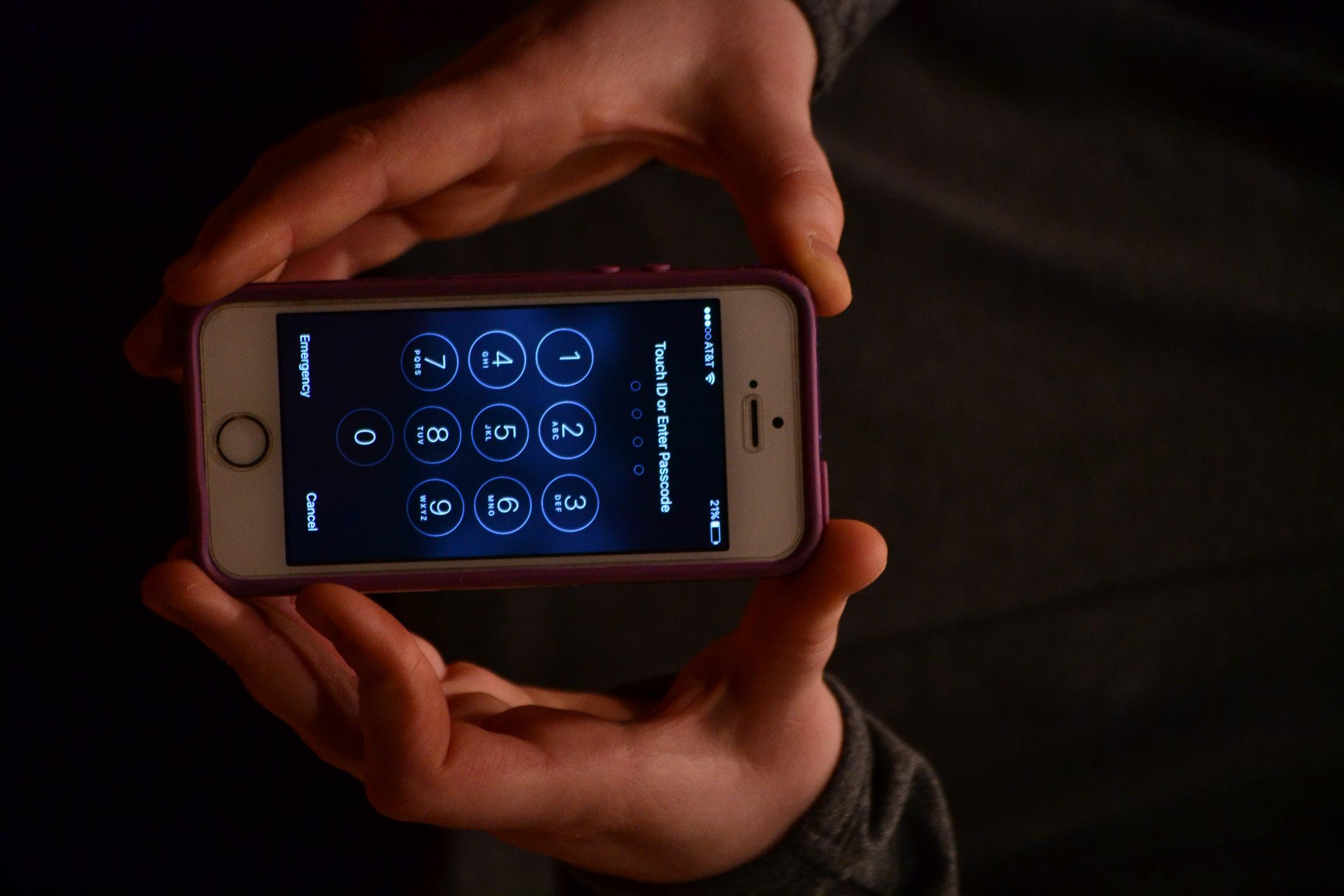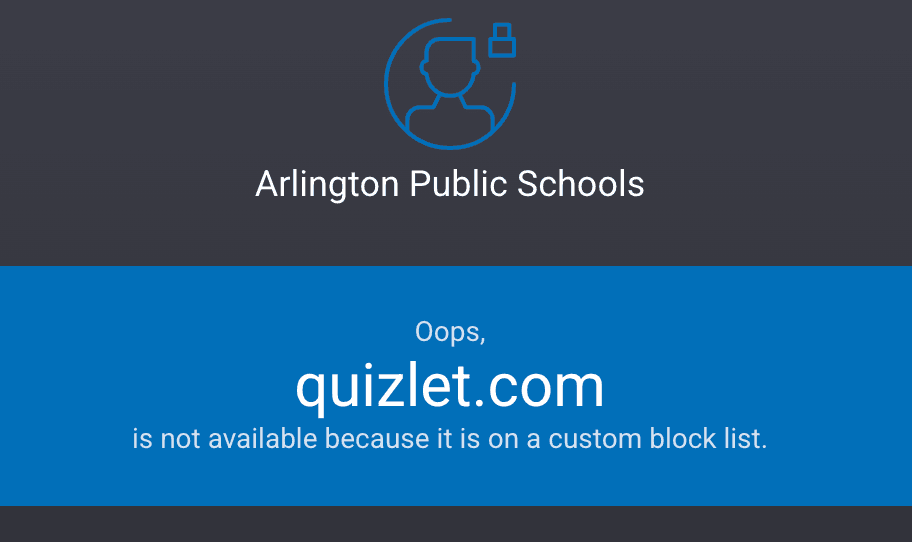At 10:58 a.m. on December 2, Syed Farook burst into a San Bernardino office building and opened fire, murdering 14 people. This senseless killing was attributed to The Islamic State of Iraq and Syria (ISIS) as part of its global campaign of terror.
Police pursued and killed the suspects of the shooting, but there was still a significant amount of information yet to be discovered on one suspect’s iPhone. The quest to find this information laid the foundations of a massive civil rights debate that would become the most hotly debated topic on national news.
Tim Cook, head of Apple, was outraged to hear that the FBI had obtained a court order seeking software that would give it access to the terrorist’s phone. This may not seem like a big deal, but it would create a way for the FBI to get into anyone’s iPhone, whether they were a suspected terrorist or an innocent civilian. Apple and the vast majority of American citizens argued that this software would only lead to more breaches of privacy. They believed that accepting this request would only lead to larger and larger ones. There was also the risk that this software would get into the wrong hands and render iPhones defenseless against hackers and thieves.
Although Apple argued that the order was unconstitutional, the government threatened a lawsuit against them for withholding crucial information from law enforcement. The information was a national security concern and Apple was blocking the government’s path. It seemed like that was the way things were going to go until the FBI finally cracked into the gunman’s phone using a “brute force” method.
While Apple did have valid concerns about the privacy of its customers, many have argued that the violations of freedom of speech and privacy were necessary as part of the war on terrorism. Edward Snowden, famous for his leaked information about the National Security Agency (NSA) spying on Americans, got involved in the situation by tweeting that he sided with Apple.
“I think that the FBI should absolutely be allowed to snoop through the shooter’s phone. I believe that specifically in this case because it is clear that the shooters are guilty of the crime, so it is not like the police want to snoop for the sake of snooping. Also, what is on the phone could have the potential to save lives if there are plans for future attacks,” said junior Christian Cleaveland.
There are a variety of different angles from which to look at this issue, but it all comes down to the fact that the FBI was trying to solve a brutal crime. The argument has been made that, by starting this whole fiasco, Apple was just trying to advertise to consumers that it sold the most secure phones. Whether this accusation has any substance or not is irrelevant, since Apple held up an investigation of terrorism.
In the end, there was no need for a lawsuit; however, this was still a momentous occasion because it marked a clash between the interests of government and big business. When these two pillars of society collide, something almost always has to give. But, in this case, the “necessary evil” of the government breaching privacy to protect public safety was narrowly avoided.





































